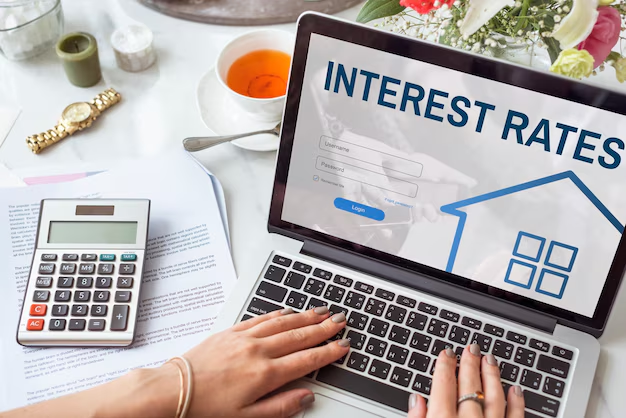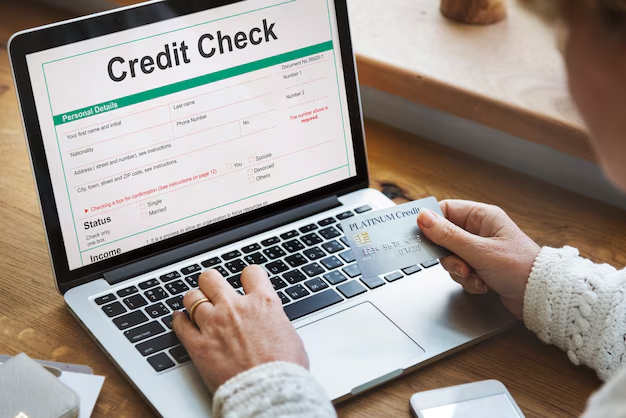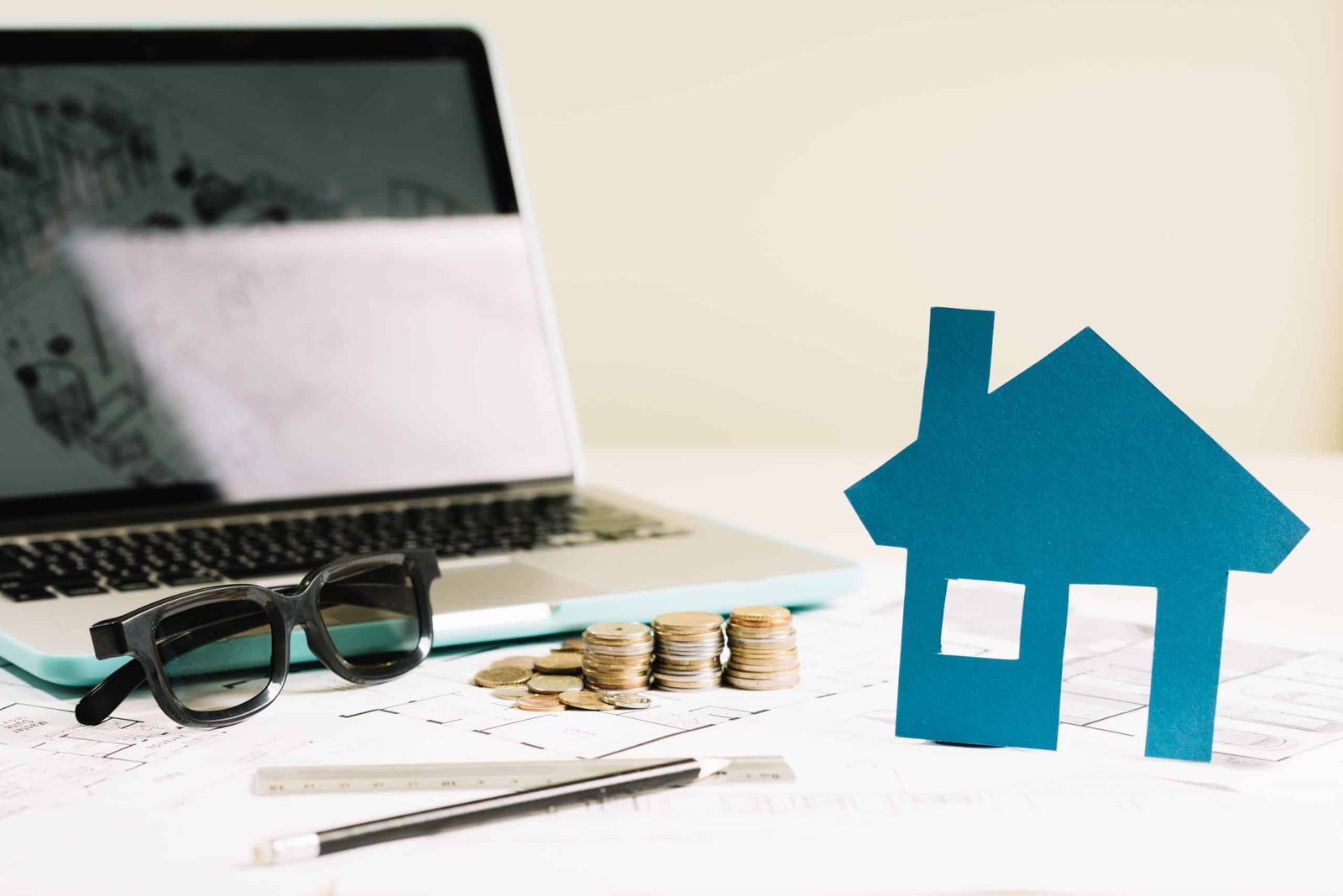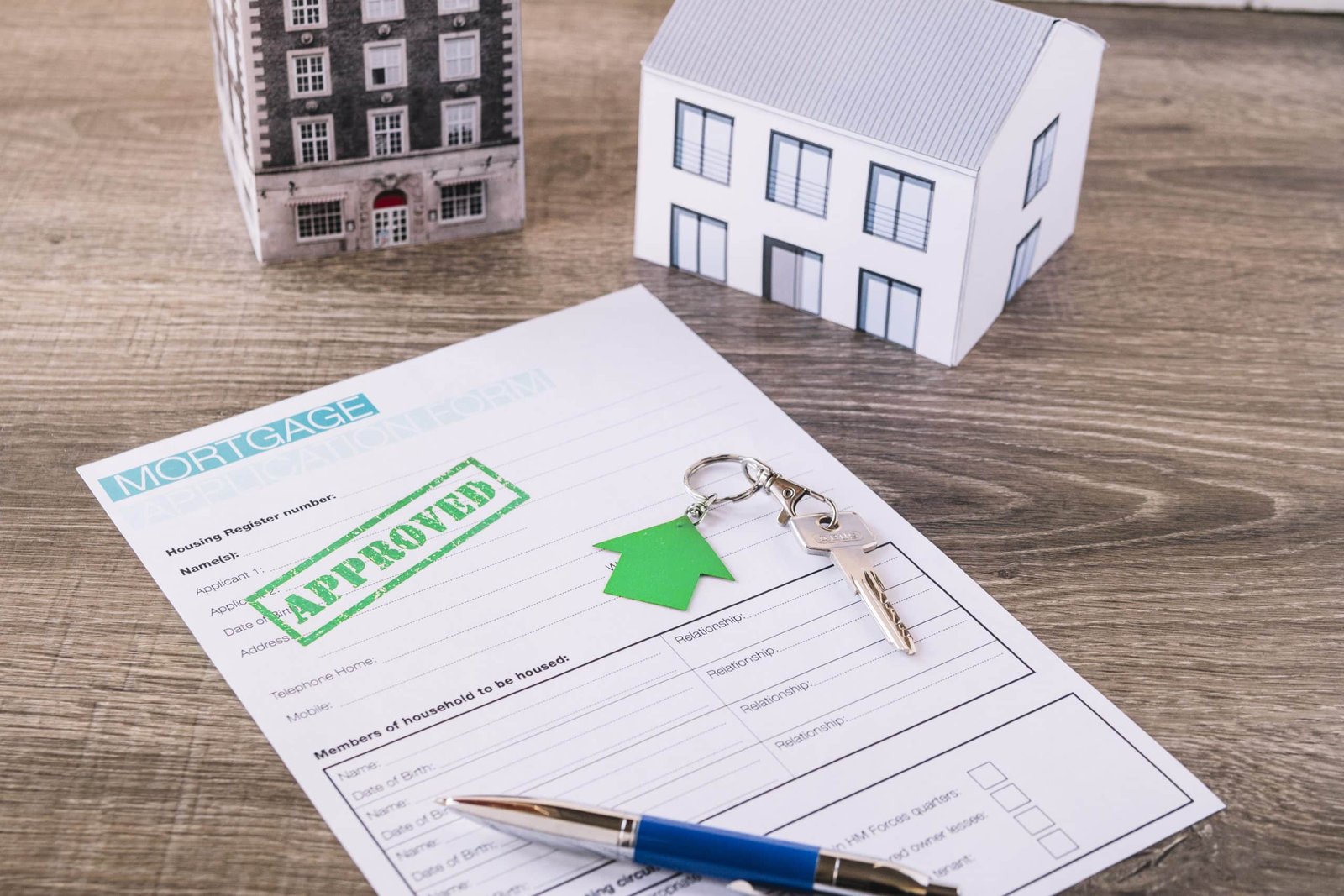Purchasing a home loan best rates is one of the most significant financial decisions you’ll ever make. For many people, the process of buying a home begins with securing a home loan. The interest rate on that loan is a key factor that can greatly affect the overall cost of your mortgage. In fact, even a small difference in interest rates can result in thousands of dollars saved or lost over the life of the loan. Therefore, finding the best home loan rates is crucial to securing a mortgage that fits your budget and long-term financial goals.
In this comprehensive guide, we’ll explore how to find the best home loan rates in 2025, factors that affect mortgage rates, strategies for securing the most favorable rates, and much more. We’ll also answer common questions and provide practical tips to help you make the best decisions for your home-buying journey.
Key Takeaway
The best way to find the most competitive home loan rates in 2025 is to shop around, consider the total cost of the loan, and improve your credit score. With these strategies, you can secure a mortgage that fits your financial goals and helps you save money in the long run.
Understanding What Affects Home Loan Rates in 2025
Before diving into how to find the best mortgage rates, it’s essential to understand the key factors that influence them. Mortgage rates are not fixed and can vary widely depending on several elements. Knowing these factors will help you understand how rates are set and give you the tools to make informed decisions when shopping for a mortgage.
The Federal Reserve and Economic Conditions
In 2025, the Federal Reserve (the central banking system of the U.S.) will continue to play a significant role in influencing mortgage rates. When the Fed raises or lowers its federal funds rate, it affects short-term interest rates, which in turn can influence mortgage rates.
- When interest rates rise, mortgage rates tend to rise as well. This is often done by the Fed to cool down an overheating economy or combat inflation.
- When interest rates fall, mortgage rates usually decrease. This could happen during times of economic uncertainty or when the economy needs a boost.
Understanding the direction of the Federal Reserve’s actions and economic conditions can help you anticipate changes in mortgage rates.
Inflation
Inflation is the rate at which the general price of goods and services rises, and it is another key factor affecting mortgage rates. High inflation often leads to higher interest rates as lenders seek to compensate for the decreasing value of money over time. In 2025, if inflation remains high, it may drive up mortgage rates, meaning that securing a loan at lower rates could become more difficult.
Credit Score and Financial Health
Lenders use your credit score to assess your creditworthiness and determine how risky it is to lend to you. In general, borrowers with higher credit scores qualify for the best rates, while those with lower scores may face higher rates due to the perceived risk.
- Excellent credit score (740 and above): Qualify for the best rates and loan terms.
- Good credit score (700–739): Get competitive rates, though they may be slightly higher than the best rates.
- Fair credit score (620–699): Interest rates could be significantly higher, making it more expensive to borrow.
- Poor credit score (below 620): Securing a loan at all may be difficult, and if approved, expect higher rates.
Improving your credit score before applying for a mortgage can help you secure the best rates available in 2025.
Loan Term
The length of your mortgage term can impact the interest rate you receive. A shorter-term loan (e.g., 15 years) typically comes with a lower interest rate compared to a longer-term loan (e.g., 30 years). While shorter-term loans may have higher monthly payments, they allow you to pay off the loan faster and save on interest costs in the long run.
Loan-to-Value (LTV) Ratio
The loan-to-value ratio (LTV) is the ratio of your loan amount to the appraised value of the home. The higher the LTV, the more risky the loan is for the lender, and the higher the interest rate may be. A lower LTV (e.g., 80% or less) typically results in better rates, as you are borrowing less relative to the home’s value.
Type of Home Loan Best Rates
Different types of loans come with varying interest rates. The most common loan types include:
- Fixed-rate mortgage: The interest rate remains the same for the life of the loan. These loans offer predictability, making them ideal for long-term homeowners.
- Adjustable-rate mortgage (ARM): The interest rate can change periodically, often after an initial fixed period. ARMs may start with a lower rate, but they carry the risk of rate increases over time.
- Government-backed loans (FHA, VA, USDA): These loans are insured by the government and may offer more favorable rates for certain borrowers, particularly those with low to moderate incomes or less-than-perfect credit.
Each type of loan will have different rates based on your situation.
How to Find the Best Home Loan Rates in 2025
Now that you understand the factors influencing home loan rates, let’s dive into the steps you can take to find the best rates in 2025.
Shop Around and Compare Multiple Lenders
The most effective way to find the best home loan rates is to shop around and compare multiple lenders. Rates can vary significantly from one lender to another, so it’s essential to get quotes from at least three to five lenders, including banks, credit unions, mortgage brokers, and online lenders.
- Traditional banks: They may offer a wide range of loan products, but their rates may not always be the most competitive.
- Credit unions: Often offer lower interest rates than banks, especially for members with good credit.
- Online lenders: These lenders may have streamlined processes and competitive rates, but make sure to read reviews and verify legitimacy.
- Mortgage brokers: Brokers can help you compare rates from multiple lenders and find the best deal for your situation.
Consider the Total Cost of the Loan
When comparing rates, it’s important to consider the total cost of the loan, not just the interest rate. Lenders may charge various fees, including origination fees, closing costs, and application fees. While one lender may offer a lower interest rate, their fees might offset any savings. Always ask for a Loan Estimate (LE) from each lender to compare the overall costs.
Lock in Your Rate
Mortgage rates can fluctuate daily, so once you find a good rate, consider locking it in. Rate locks typically last between 30 to 60 days, providing protection against interest rate increases during the approval process. However, if rates drop after you lock in your rate, you may be stuck with the higher rate, so consider market conditions when deciding whether to lock in your rate.
Use a Mortgage Broker
A mortgage broker can help you find the best mortgage rates by comparing a wide variety of lenders on your behalf. Brokers are particularly helpful if you’re unfamiliar with the process or if you have a unique financial situation. However, brokers may charge a fee for their services, so weigh this cost against the potential savings they can help you secure.
Negotiate with Lenders
Don’t be afraid to negotiate with lenders. If you receive a better offer from one lender, try using it as leverage to secure a better deal with another lender. While not all lenders may be open to negotiation, it’s always worth asking for a better rate, especially if you have a strong credit score and financial profile.
Check Your Credit Score and Improve It
Before you start shopping for a mortgage, check your credit score and work on improving it if necessary. Small improvements in your credit score could help you secure a better rate. Here are a few tips to boost your credit score before applying for a mortgage:
- Pay off outstanding debts
- Avoid opening new credit accounts
- Dispute any errors on your credit report
Consider the Loan Type
As mentioned earlier, different loan types offer different interest rates. A fixed-rate mortgage will provide long-term stability, but an adjustable-rate mortgage (ARM) might offer lower initial rates. Research each type of loan to find the one that aligns best with your financial goals.
Top Strategies for Securing the Best Home Loan Rates in Today’s Market
Securing a home loan with a low-interest rate can save you thousands of dollars over the course of your mortgage. Given the fluctuations in the real estate market and the ever-changing economic conditions, finding the best home loan rates can sometimes seem like a challenging task. However, with a solid understanding of the strategies that work in today’s market, you can greatly improve your chances of securing a mortgage that fits your budget and long-term financial goals.
This article will cover the top strategies to help you secure the best home loan rates in today’s market, with a focus on key factors that influence rates and the actions you can take to position yourself as a strong borrower.
Understand What Affects Home Loan Rates

Before diving into strategies, it’s essential to understand what factors influence mortgage rates. These include both external and internal elements. The most important ones are:
- Economic Conditions: Mortgage rates are closely tied to the overall economy. The Federal Reserve’s actions, inflation, and global economic factors all play a role in the direction of interest rates.
- Credit Score: Lenders use your credit score as an indication of how likely you are to repay the loan. Higher scores typically result in lower interest rates.
- Loan Term: The length of your mortgage term (e.g., 15 years vs. 30 years) can affect the interest rate. Shorter-term loans usually come with lower rates.
- Down Payment: A larger down payment reduces the lender’s risk and may help you secure a better rate.
- Loan Type: Government-backed loans like FHA, VA, or USDA loans often come with lower rates than conventional loans.
By understanding these factors, you can take proactive steps to ensure you’re positioned to secure the best rates.
Shop Around for the Best Lender
One of the most effective strategies for securing the best home loan rates is to shop around and compare offers from multiple lenders. Mortgage rates can vary significantly between lenders, so getting quotes from several different sources can help you find the best deal.
- Traditional Banks: While banks may offer a wide range of loan products, they sometimes charge higher fees and offer slightly higher rates compared to other lenders.
- Credit Unions: Credit unions tend to offer lower rates, especially for borrowers with good credit. If you’re a member of a credit union, consider exploring mortgage options with them.
- Online Lenders and Mortgage Brokers: Online lenders often have streamlined processes and competitive rates. Mortgage brokers can help you shop around and find the best deal, though they may charge a fee for their services.
Be sure to get Loan Estimates (LEs) from each lender, which will break down the rates and associated fees, making it easier to compare offers.
Lock in Your Interest Rate
Interest rates can fluctuate on a daily basis, depending on various economic factors. If you find a rate you’re comfortable with, consider locking in the rate with your lender. This protects you from any rate increases during the approval process.
- Rate Lock Period: A typical rate lock lasts for 30-60 days, though the exact terms will vary by lender.
- Floating Rates: If you choose not to lock in your rate, you are subject to daily changes in interest rates, which can be risky if rates rise during your loan processing time.
Locking in your rate ensures you get the quoted rate, even if the market shifts during the approval process. However, if rates drop, you might be stuck with a higher rate, so consider current market trends before making your decision.
Improve Your Credit Score

Your credit score is one of the most significant factors influencing the interest rate you’ll be offered. Lenders use your credit score to gauge how risky it is to lend to you. The higher your score, the lower the interest rate you’re likely to receive.
Here are some steps to improve your credit score before applying for a mortgage:
- Pay down high-interest debt: Reducing your credit card balances and loan debts will help improve your credit utilization ratio, which can have a significant impact on your score.
- Check your credit report: Look for errors or discrepancies that could be lowering your score. Dispute any inaccuracies you find with the credit bureaus.
- Avoid opening new credit accounts: Opening new accounts right before applying for a mortgage can lower your credit score temporarily.
A higher credit score could mean a lower mortgage rate, so investing time in improving your score can be a smart strategy for saving money over the life of your loan.
Increase Your Down Payment
The size of your down payment can significantly impact the interest rate you’re offered. A larger down payment reduces the lender’s risk because they’re lending a smaller portion of the home’s value, making it more likely that you’ll be approved for the best rates.
- 20% Down Payment: A down payment of 20% or more will not only help you avoid Private Mortgage Insurance (PMI), but it will also likely result in a more competitive interest rate.
- Lower Down Payments: If you can’t afford a 20% down payment, consider putting down as much as you can. Some loan programs, like FHA or USDA loans, offer low-down-payment options, but they may come with slightly higher interest rates.
Increasing your down payment, if possible, is one of the most effective ways to reduce the overall cost of your mortgage and secure a better rate.
Consider the Loan Term
The loan term can affect the interest rate you are offered. Mortgages typically come in 15-year, 20-year, and 30-year options, with the 30-year loan being the most common.
- Shorter-Term Loans (15-20 years): Shorter loan terms usually come with lower interest rates. While the monthly payments will be higher, you’ll pay off the loan faster and pay less interest over time.
- Longer-Term Loans (30 years): While 30-year loans are more affordable on a monthly basis, they typically come with higher interest rates and cost more in interest over the life of the loan.
If you can afford higher monthly payments, opting for a shorter loan term can help you secure a lower rate.
Choose the Right Loan Type

Different loan types come with different interest rates, and the best loan type for you depends on your financial situation and long-term goals. Some of the most common types include:
- Fixed-Rate Mortgages: The interest rate remains the same throughout the life of the loan. These are ideal if you plan to stay in the home for the long term and prefer stability.
- Adjustable-Rate Mortgages (ARMs): ARMs often offer lower initial interest rates, but the rate can change periodically based on market conditions. If you plan to sell or refinance within a few years, an ARM might save you money.
- Government-Backed Loans: FHA, VA, and USDA loans may offer lower rates for eligible borrowers. These loans often have more flexible requirements, making them a good choice for first-time homebuyers or those with less-than-perfect credit.
Research each loan type to determine which one offers the best rates for your financial situation.
Refinance When Rates Drop
If you’ve already secured a home loan but interest rates have dropped since you purchased your home, consider refinancing your mortgage. Refinancing allows you to replace your existing loan with a new one at a lower rate, which can lower your monthly payments and save you money over time.
Keep in mind that refinancing comes with closing costs, so you should weigh the savings from a lower rate against the costs of refinancing. If rates are significantly lower than when you originally took out the mortgage, refinancing may be a smart move.
Also Read: Step By Step Guide To Securing Home Loan Approval: Tips For First Time Buyers
Conclusion
Finding the best home loan rates in 2025 requires careful planning and research. By understanding the factors that affect mortgage rates, comparing offers from multiple lenders, and taking steps to improve your credit score and financial health, you can secure a favorable loan that will save you money over time. Remember, every percentage point can make a significant difference in your monthly payments and the total cost of your loan.
FAQs
How can I lock in a home loan rate?
To lock in a rate, you’ll need to request a rate lock from your lender. The lock typically lasts 30-60 days and ensures that the quoted rate will not change during that time.
Should I go with a fixed-rate or adjustable-rate mortgage?
It depends on your long-term plans. A fixed-rate mortgage offers stability, while an ARM may offer a lower initial rate. If you plan to sell or refinance in a few years, an ARM may save you money in the short term.
Do home loan rates change throughout the day?
Yes, mortgage rates can fluctuate daily due to economic conditions and market trends. It’s important to keep an eye on rates before applying.
Can I refinance to get a better rate?
Yes, refinancing allows you to replace your current mortgage with a new one, often at a lower interest rate, if you qualify.
How does my credit score affect my mortgage rate?
Your credit score is a critical factor in determining your interest rate. Higher credit scores generally lead to better rates and more favorable loan terms.
Can I negotiate a lower mortgage rate?
Yes, some lenders may be open to negotiation, especially if you have competitive offers from other institutions.
Is it worth using a mortgage broker?
A mortgage broker can help you shop around and find the best rates, but they may charge a fee. It’s worth considering if you need expert assistance.




